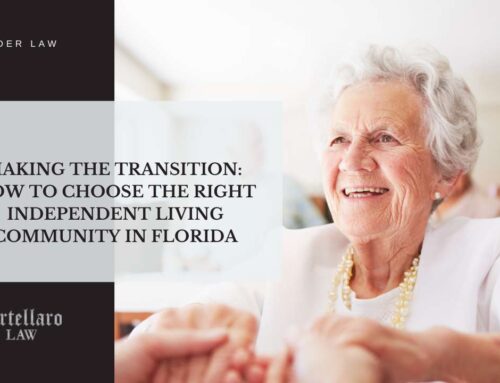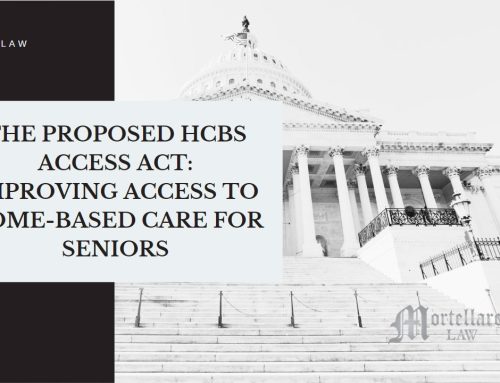Elder Law | Wills, Trust, Probate and Guardianship
Elder Law | Four of the most important facets of elder law deal with wills, trust, probate and guardianship. Each process contains necessary steps to ensure the well-being of seniors, their loved ones and also their estate.
Wills
The will is used to express how an individual wishes an estate to be distributed after death. Wills may also recommended a guardian for any minors left in a parent’s wake.
The types of wills are as follows:
-Simple (statutory) wills
-Pour-over wills
-Holographic wills
-Oral wills
-Nuncupative wills
-Deathbed wills
-Mutual wills
-Joint wills
-Reciprocal wills
Trust
A trust is the arrangement of someone managing someone’s property for another person’s benefit. Trusts can be created during or after a person’s lifetime. The most commonly used trusts are revocable and irrevocable trusts.
Other forms of trust are as follows:
-Asset protection trust
-Charitable trust
-Constructive trust
-Special needs trust
-Spendthrift trust
-Tax By-Pass Trust
-Totten trust
Probate
Probate, in elder law context, is when the court distributes property after a person dies. Probate assets are dispersed by the court and non-probate assets go to beneficiaries without interference from the court. Consideration of which properties are considered probate and non-probate during estate planning.
Examples of probate assets include:
-An interest in a business
– Personal property
– Bank accounts
Examples of non-probate assets are:
– Retirement accounts
– Property placed in a trust
– Life insurance with a beneficiary listed other than the deceased
Guardianships
A guardianship is the legal arrangement in which a person has the legal duty to care for another person’s being and property. A guardian is typically a family member or a close friend. Guardianships are typically used when no advance directive or power of attorney is put in place. The court has to prove that an individual is unable to handle everyday affairs such as medical decisions and financial management before a guardian is put in place.





